SEO Onpage vs SEO Offpage: Differences and Effective Strategies by MIMADIGI
In today's digital marketing world, having a website is not enough. What's more important is how to make that website easily found on Google. That's when SEO (Search Engine Optimization) – search engine optimization – becomes a strategic weapon. SEO is not just about stuffing keywords into content but a synchronous optimization process, in which SEO Onpage and SEO Offpage are two core elements.
Although both aim to improve search rankings, these two strategies have completely different approaches. Understanding the differences and knowing how to combine them will help you grow sustainably in a fiercely competitive digital environment.
What is SEO and why is it important?
SEO is the process of optimizing a website to appear in organic search results. Instead of spending money on advertising, SEO helps businesses attract a large amount of quality traffic from users who are really interested in the products or services you offer.
An effective SEO strategy not only brings stable traffic but also enhances brand credibility, improves user experience, and increases conversion rates. From small businesses to large corporations, anyone can use SEO as a powerful tool for online development.
What is SEO Onpage?
SEO Onpage is all the optimization techniques performed on your website. The goal is for Google to understand the content of the page and evaluate it as useful and relevant to the user's search query.
Important Factors in SEO Onpage
- Reasonable keywords: The use of keywords needs to be strategic. The main keyword should appear in the title, opening paragraph, meta description, and scattered throughout the content, but absolutely avoid stuffing that is annoying to the reader.
- Attractive titles and descriptions: The title tag needs to contain keywords and be stimulating for readers to click. The meta description should summarize the content and include a clear call to action.
- Clear content structure: Dividing content into sections with subheadings (H2, H3) not only makes it easier for users to read but also helps Google understand the structure of the article.
- Image optimization: Each image needs to be named correctly and have an ALT tag containing descriptive keywords. Image size should also be optimized to avoid slowing down page loading speed.
- User-friendly interface on all devices: With the popularity of smartphones, having a responsive interface is a must if you want Google to rate it highly.
- Reasonable internal linking: Guiding readers through related pages on the website helps them stay longer and improves SEO indicators.
- Page loading speed: Google prioritizes websites that load quickly. Therefore, it is necessary to compress images, use cache and quality hosting to improve speed.
- Schema Markup: Adding structured data helps display richer search results such as star ratings, event calendars, products...
All of the above factors, when implemented synchronously, will help your website be more friendly with search engines and bring a better experience to users.
What is SEO Offpage?
Unlike SEO Onpage, SEO Offpage is a collection of activities performed outside the website, with the aim of building credibility, reputation and authority for your website on the internet.
Popular Techniques in SEO Offpage
- Quality backlinks: This is the core element of SEO Offpage. When many reputable websites point links to you, Google understands that your content has value. However, quantity is not equal to quality – a few links from high-authority pages are better than hundreds of backlinks from low-quality sources.
- Sharing on social networks: Although Google does not directly consider social media signals as a ranking factor, the spread of content on platforms such as Facebook, LinkedIn, and Twitter can generate a large amount of traffic and indirectly support SEO.
- Guest Blogging: Posting your articles on reputable blogs or news sites not only helps build backlinks but also expands the reader base.
- Digital PR: Building brand image through online media campaigns, contributing to increasing brand searches and overall reputation.
- Influencer Marketing: Collaborating with influencers to share your website or products/services is also a way to expand coverage and create quality backlinks.
- Optimize Google Business Profile: For local businesses, a business profile on Google helps you appear in map search results, receive reviews, and attract customers in the area.
Differences Between SEO Onpage and SEO Offpage
Although the common goal is to improve search rankings, SEO Onpage and Offpage differ in their approach:
| SEO Onpage | SEO Offpage |
| Optimization on the website |
Activities outside the website |
| Complete control |
Depends on external factors |
| Focus on content, structure |
Focus on links and credibility |
| Improve user experience |
Increase reputation and authority of the page |
| Visible results in the short term |
Strong long-term impact |
A well-optimized Onpage website is the foundation for all Offpage efforts to take effect, while the right Offpage strategy helps strengthen trust from Google and users.
How to Combine Onpage and Offpage Strategies for Optimal Results
There is no single “trick” for every website, but an effective SEO strategy always starts with:
- Building a good technical foundation: Ensure the website is stable, fast, and easy to navigate.
- Producing high-quality, useful, and in-depth content that is properly keyword-optimized.
- Connecting with reputable websites to build natural links.
- Leveraging social media and email marketing to disseminate content.
- Updating content regularly and refreshing old articles to maintain rankings.
- Tracking SEO performance via Google Analytics, Google Search Console, Ahrefs, SEMrush… to continuously adjust.
Common SEO Mistakes to Avoid
- Abusing keywords makes content unnatural
- Buying low-quality backlinks or spam links
- Ignoring mobile interface or page loading speed
- Thin, duplicate, or outdated content
- Not using HTTPS, causing users to lose trust
Reliable SEO Support Tools
To implement SEO effectively, the use of support tools is indispensable. Some tools trusted by SEO experts include:
- Google Search Console: Monitor search performance and technical errors.
- Google Analytics: Track user behavior and conversion effectiveness.
- Ahrefs / SEMrush / Ubersuggest: Keyword research, competitor analysis, and backlink analysis.
- Screaming Frog: Check SEO techniques and website structure.
- Yoast SEO (for WordPress): Optimize SEO standard content easily.

MIMA DIGITAL TECHNOLOGY & SERVICES CO., LTD.
- Address: Hóc Môn District, Ho Chi Minh City, Vietnam
- Tax Code: 0318672839
- Hotline/Zalo: +84 909 035 333
- Email: info@mimadigi.com
- Website: https://mimadigi.com




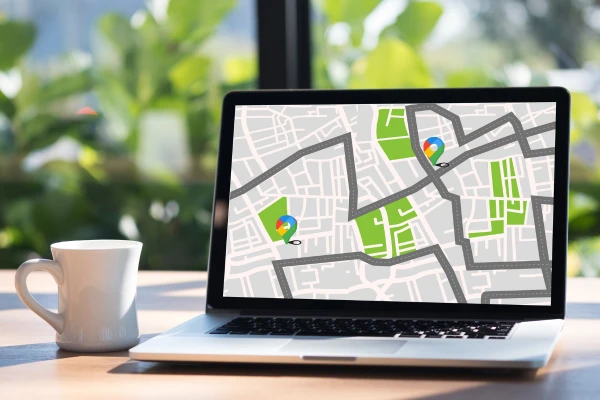
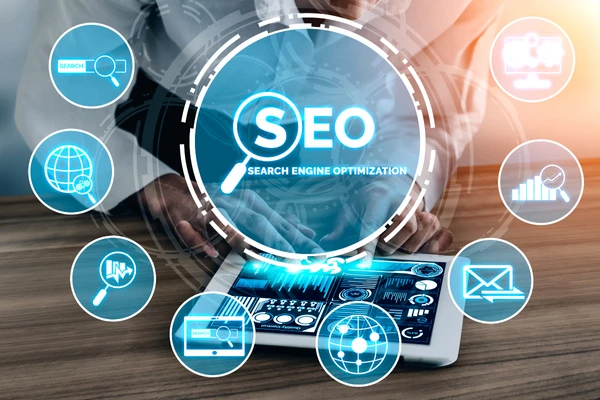


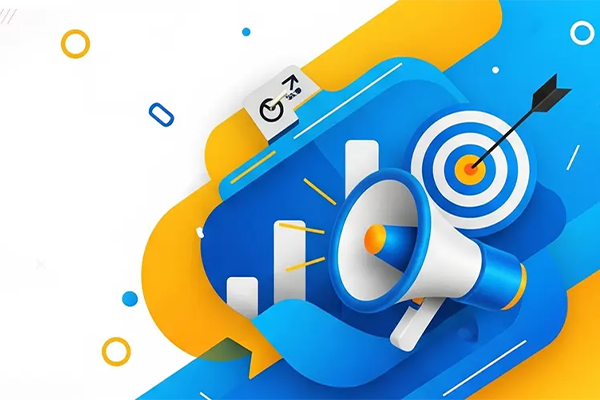
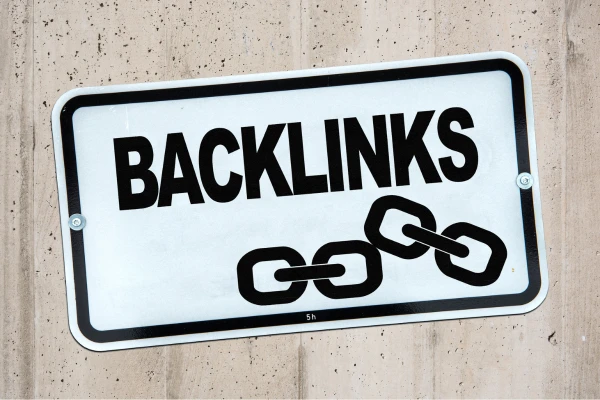

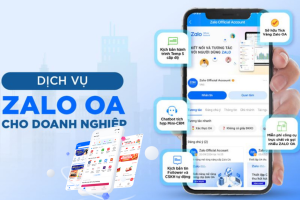
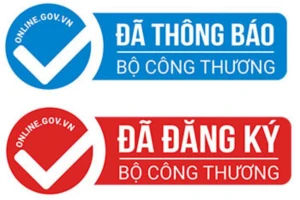
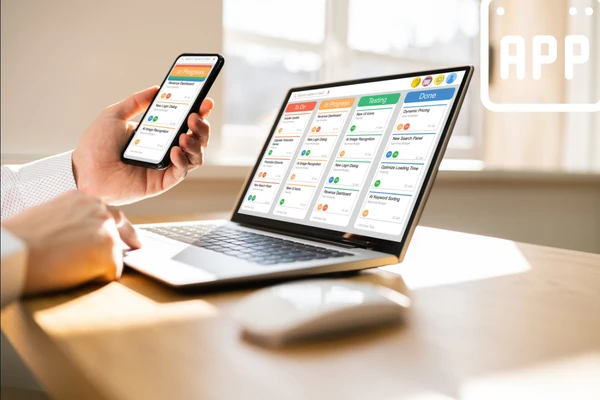

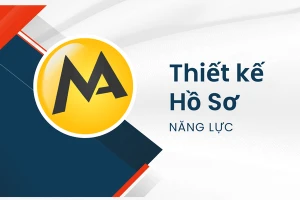












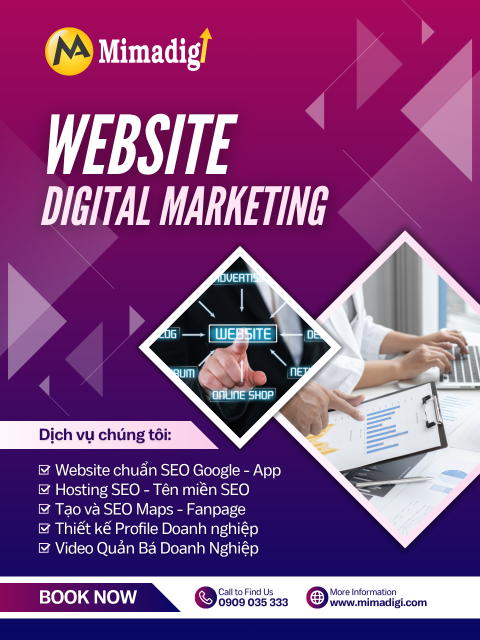






Share your review